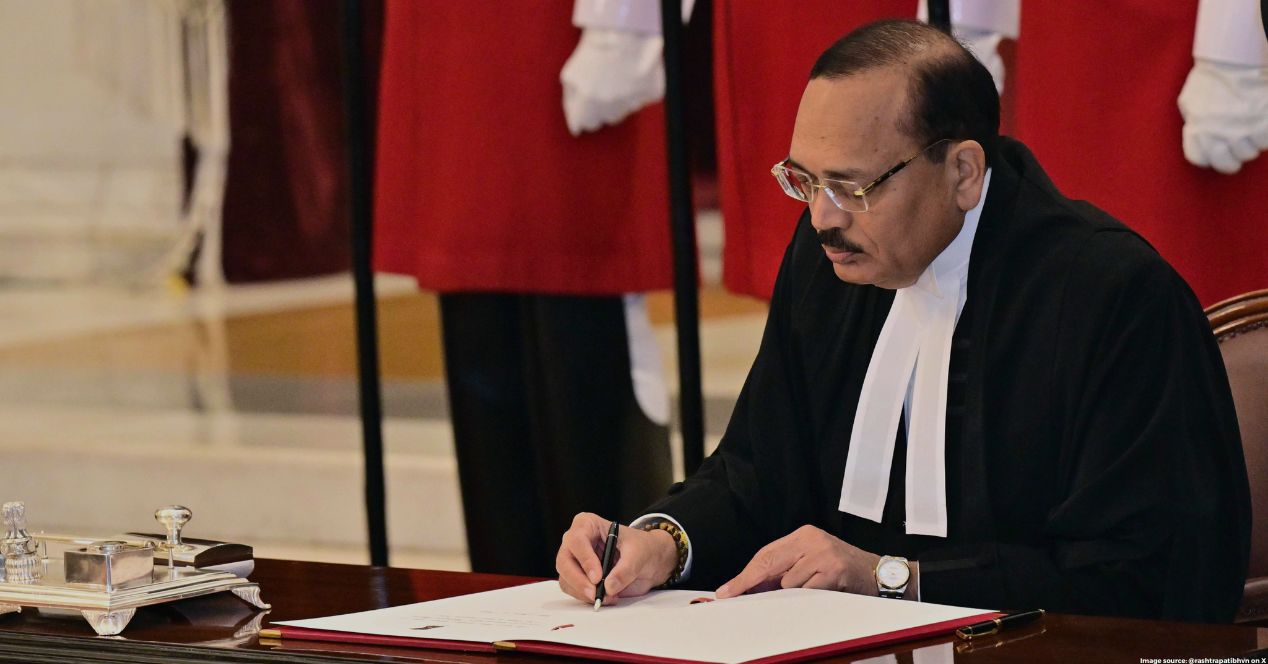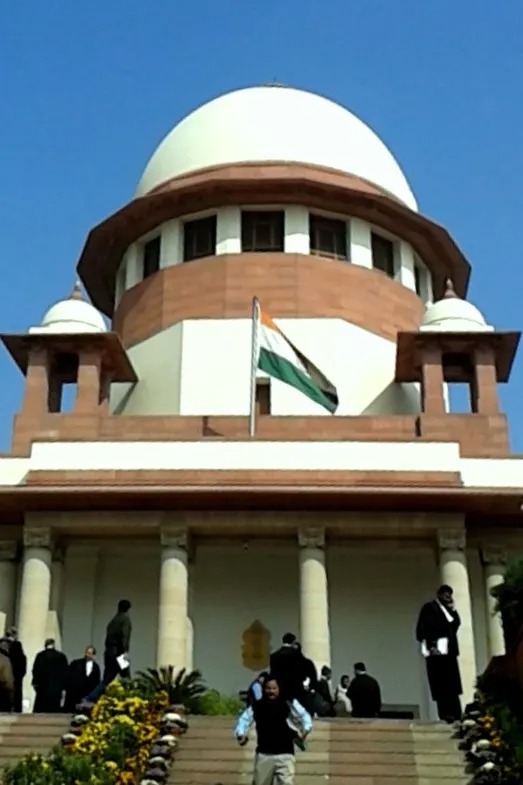@JUDGMENTTAG-ORDER
1. Both the petitions are interconnected, parties are also same therefore they are decided by this common order.
2. Complaint filed u/s 138 of the Negotiable Instruments Act against the petitioners is sought to be quashed by these petitions. Two grounds were agitated before this Court for getting the complaint quashed. One of the grounds stated was that the complaint is not maintainable as it-, has been filed beyond time. According to the complaint the cheque was issued on 26th August, 1996, it was presented on 12-12-1996 before the Bank which was dishonoured with the endorsement "payment stopped by drawer". Notice was issued by the complainant to the petitioners on 30th December, 1996 which was acknowledged by the petitioners on 31st December, 1996. Complaint was filed on 14th February, 1997. The case of the petitioners is that the statutory period of 15 days for a re-action to the notice would end on 14th January, 1997. This is wrong in view of the fact that u/s 142 of the Negotiable Instruments Act 15 days clear notice has to be given which would mean that the notice period would end on 15th January, 1997 and not on 14th January, 1997. If it is taken as 14th January, 1997, then the petitioners would have got only 14 days to react to the notice. The petitioners further state that, since the 15 days notice period expired on 14th January, 1997 the complaint should have been filed on or before 13th February, 1997. He contends that the statutory period of one month begins with 15th January, 1997 but surprisingly states that the statutory period ends on 13th February, 1997. Even if it is accepted that the period of one month starts from 15th January, 1997, the period would end on 14th January, 3997 and even then the complaint is within time as it has been filed on 14th February, 1997. But, this Court feels that, in this case the period of one month would start from 16th January, 1997 and the complaint would have been within time even on 15th February, 1997. The petitioner commit a mistake by confusing 30 days with a month. Section 142 of the Act lays down that the complaint should be made within one month of the date on which the cause of action arises under clause (c) to proviso to Section 138. That means, once a notice is given and the payment is not made within 15 days the cause of action will start to commenced on the 16th day and the complainant would have one month time from 16th day as such, in this case the complaint would have been within time even on 15th February, 1997. It is well settled that 30 days is different than a month. Section 3(38) and Section 3(35) of the General Clauses Act defines ''year'' and ''month'' respectively and lays down that ''year'' and ''month'' shall respectively mean a year and month reckoned according to the British Calendar. With regard to the definition of ''month'', Hahbury''s Laws of England in para 143 Volume 37, 3rd Edition it has been stated :
"When the period prescribed is a calendar month running from any arbitrary date, the period expires with the day in the succeeding month immediately preceding the day corresponding to the date upon which the period starts save that if the period starts at the end of a calendar month which contains more days than the next succeeding month, the period expires at the end of the latter month."
This definition has continuously been taken by the Courts in India as the correct definition of a ''month'' which would mean that if the period of limitation starts on, say 15th of a month, and the period of limitation is one month, then the period of limitation would end on 14th of the succeeding month.
3. The learned Counsel for the petitioners has relied on a judgment of this Court in Mcmdhadi Ramcichandra Reddy v. Gopuinareddy Ram Reddy and others, Cases on Dishonour of Cheques 1998 Edition Page 40 &
4. A judgment of Supreme Court in
5. It was also contended that there is no liability against the petitioners. It is submitted that 9 cheques in ail were given and whole of the amount was then paid and the receipts have been issued by the Company. This is a matter which is purely factual and on this ground the complaint cannot be quashed.
6. For these reasons, I do not find any merit in these petitions which are accordingly dismissed.

